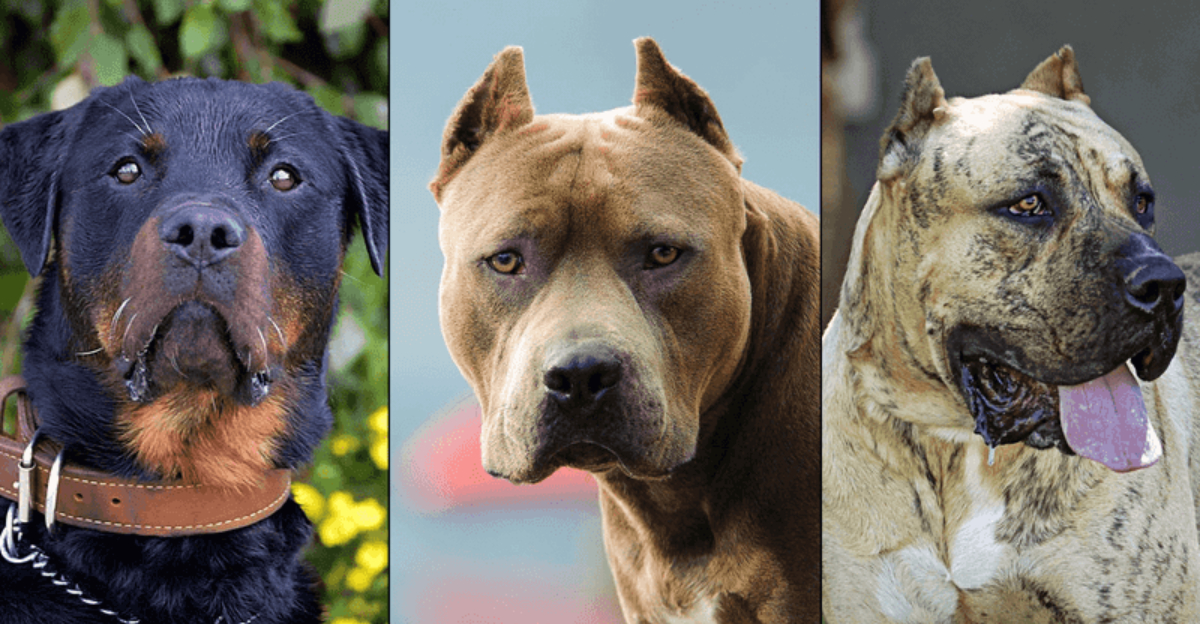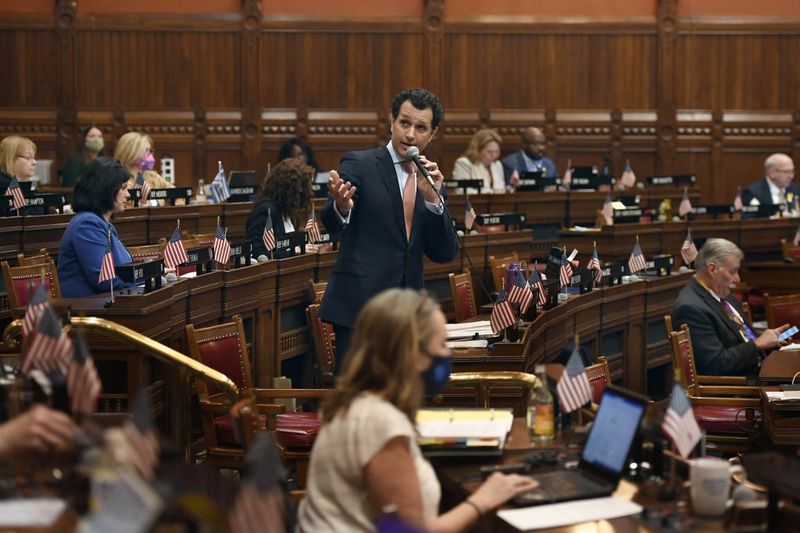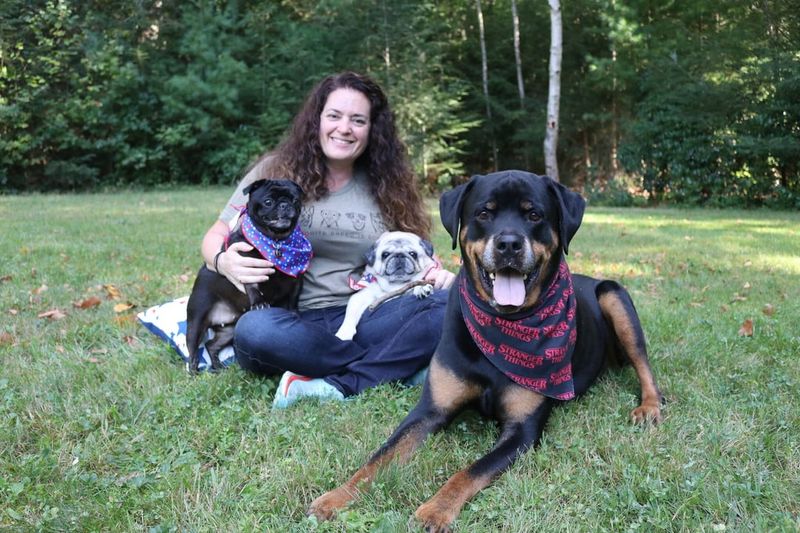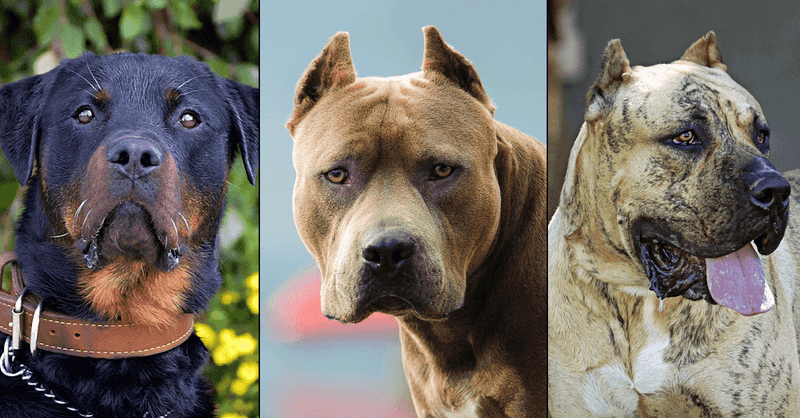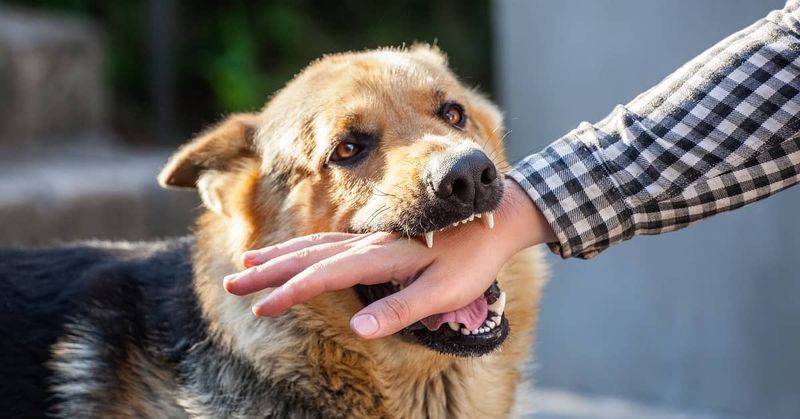The introduction of a new law aims to prohibit discrimination against dog owners based on the breed of their pets in the insurance sector. This legislation, spearheaded by State Sen. Bob Duff and State Rep. Tammy Nuccio, seeks to eliminate breed-based biases in homeowners insurance policies. By focusing on creating a fair environment for all dog owners, the law challenges preconceived notions about certain breeds, often labeled as dangerous due to size and strength. This progressive move is part of a broader effort to change perceptions and promote responsibility among dog owners, emphasizing training over stereotypes.
Molly, the Pit Bull Advocate
Molly, with her big square head and sad eyes, challenges the stereotypes about pit bulls. Owned by State Sen. Bob Duff, she stands as a testament to the loving nature of the breed. Duff, a firm believer in pit bulls’ family-friendly demeanor, uses Molly to make a statement against breed discrimination. He adopted her to show they are loyal and loving pets. This advocacy through companionship highlights the potential of these dogs to be great family members. Molly is more than just a pet; she’s a symbol for change and acceptance.
Legislative Allies for Change
Joining forces across party lines, State Sen. Bob Duff and State Rep. Tammy Nuccio push for new legislation. Their bill, aimed at eliminating breed-based insurance discrimination, fosters unity and fairness. Nuccio, inspired by her late Rottweiler, Chief, believes a dog’s danger level is shaped more by its owner than its breed. This collaboration showcases how shared goals transcend political divides. By focusing on what unites rather than separates them, these legislators pave the way for a more inclusive approach to pet ownership rights.
Insurance Industry’s Concerns
The insurance industry, represented by Eric George, raises concerns about the new law affecting risk assessment models. George highlights how larger breeds can potentially cause more harm, impacting liability claims. However, the argument against breed-based discrimination emphasizes that a dog’s behavior is often influenced by its upbringing. The industry’s hesitation underscores a clash between traditional risk approaches and evolving societal views on pet ownership. This debate reflects the broader challenge of balancing safety with fairness, as the industry grapples with changing perceptions.
Wider Legislative Movement
Connecticut isn’t alone in its legislative journey; at least eight other states are considering similar laws. This movement reflects a growing trend towards eliminating breed-based biases in insurance policies. States like New York and Washington are part of this shift, showing a collective desire to protect dog owners from unfair practices. The legislative push serves as a beacon of change, encouraging a reevaluation of traditional views on dog breeds. It symbolizes a broader commitment to fairness and equality in pet ownership across the nation.
Changing Liability Perspectives
Liability laws in Connecticut hold dog owners strictly accountable for bites, sparking debate about fairness. Eric George argues for changing this to a negligence-based standard, considering circumstances in harmful incidents. This shift aims to align legal frameworks with modern views on pet ownership. As dogs become integral family members, rather than mere property, reassessing liability perspectives becomes crucial. The discussion highlights the need for laws that reflect contemporary relationships with pets, blending accountability with empathy.
